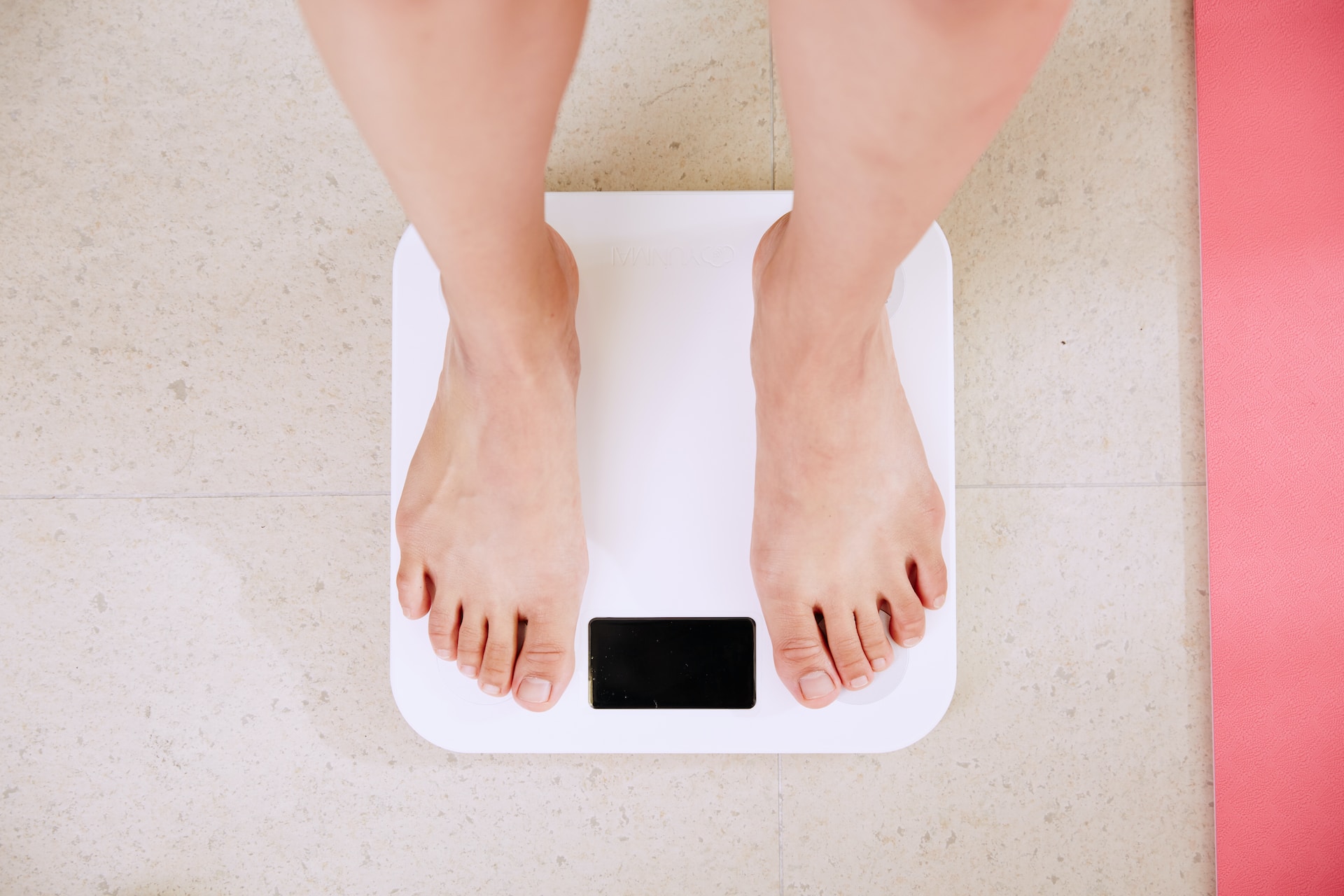How Microdosing LSD May Improve Neural Connectivity in Aging Brains
Microdosing LSD: A Potential Brain Booster for Aging Minds
As we age, our brains naturally experience some decline in function and connectivity. However, recent research suggests that microdosing LSD, or taking very small amounts of the psychedelic drug, may help improve neural connectivity in aging brains.
What is microdosing?
Microdosing involves taking about 10% of a regular dose of a psychedelic substance like LSD[1]. At this low dose, users don’t experience hallucinations or significant impairment. Instead, the goal is to potentially gain subtle cognitive benefits.
How might LSD affect the brain?
LSD acts on serotonin receptors in the brain, which are involved in mood, cognition, and perception[7]. Some research indicates that LSD may alter activity in the brain’s default mode network, which is involved in self-reflection and mind-wandering[7]. By modulating these brain networks, LSD could potentially enhance neural plasticity and connectivity.
Potential benefits for aging brains
As we get older, our brains tend to become less flexible and interconnected. Some early research suggests microdosing psychedelics like LSD may help counteract this:
– Increased neural plasticity: LSD appears to promote the growth of new neural connections[3]. This could help maintain and even improve cognitive function with age.
– Enhanced brain network connectivity: Psychedelics like psilocybin (which has similar effects to LSD) have been shown to increase connectivity between different brain regions[5][9]. This improved communication between neural networks may support better cognitive performance.
– Gene expression changes: Animal studies have found that LSD can alter the expression of genes involved in synaptic plasticity, neurotransmitter signaling, and other brain functions[3]. These changes could potentially have neuroprotective effects.
– Increased BDNF: Some research indicates psychedelics may boost levels of brain-derived neurotrophic factor (BDNF), a protein that supports neuron growth and survival[3].
Cautions and limitations
While early research on microdosing is intriguing, there are important caveats to consider:
– Most studies so far have been small and limited in scope. Much more research is needed to confirm potential benefits and risks.
– The placebo effect may play a significant role in reported benefits of microdosing[1].
– Microdosing psychedelics carries potential risks, including anxiety, mood changes, and cardiovascular effects. Long-term safety is unknown.
– LSD remains illegal in most countries. Self-experimentation carries legal risks.
The future of microdosing research
Scientists are calling for more rigorous clinical trials to better understand how microdosing psychedelics may affect brain health and cognition[1]. As research progresses, we may gain clearer insights into whether microdosing LSD could be a safe and effective way to support brain function as we age.
For now, maintaining a healthy lifestyle through proper nutrition, exercise, sleep, and cognitive stimulation remains the best-proven way to keep our brains sharp as we get older. While microdosing shows promise, it’s too early to recommend it as a cognitive enhancement strategy without further study.





